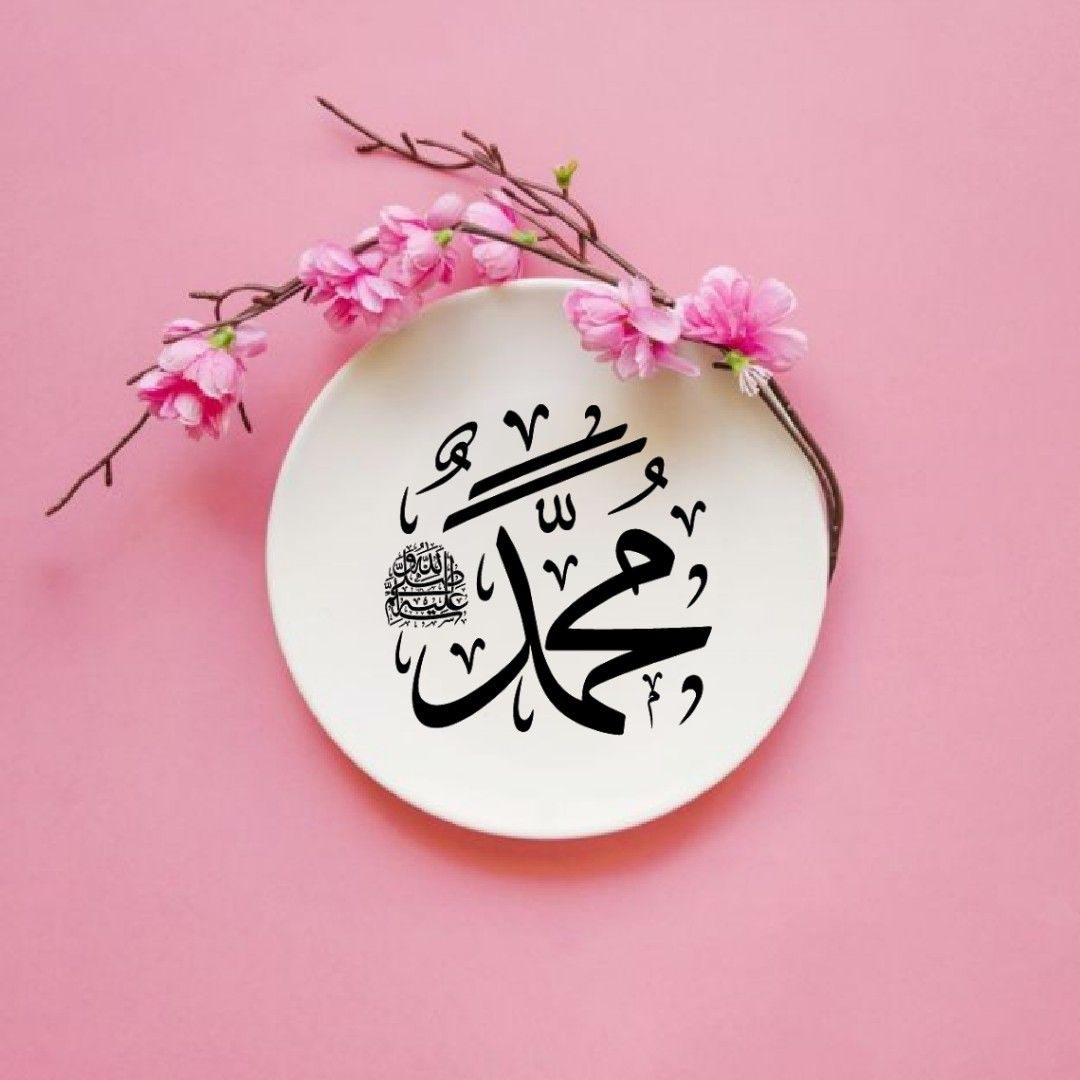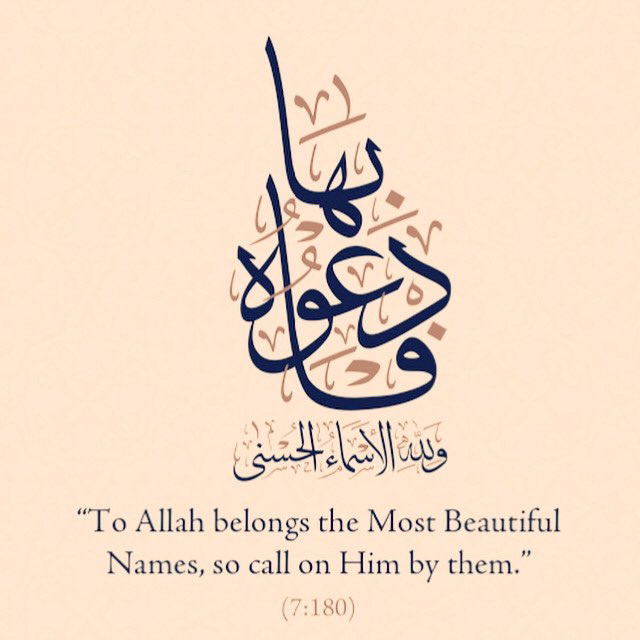The Prophet's Marriages

For those who really want to know, Muhammad ﷺ (before becoming a prophet) was a young handsome man of 25 years when he first married. Whom? A twice widowed lady (Khadijah ؓ ) who was 15 years older and already had kids from her previous marriages. This marriage lasted 25 years (till her death). The Prophet was now 50 years old, and despite the polygamous tradition of Arabs, had not married any other lady all those years. He had 6 kids from her. All the other women the Prophet then married were also either widows or divorcees, with the sole exception of Lady Aishahؓ . Aishah married the Prophet after she entered puberty, and this marriage lasted 9 years (till his death). Each of the marriages with the other wives had their own social context and background. For instance, the Prophet married Lady Zainab ؓ to demonstrate in clear terms that one's adopted son is not his real son, and his wife is not his daughter in-law. Some ladies were prisoners of war (Juwairiyah ؓ ), so...







